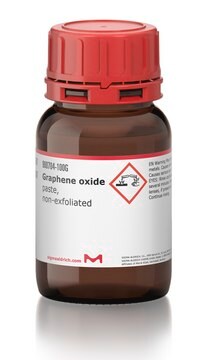W360620
D-(+)-Xylose
99%, natural sourced
Synonym(s):
Wood sugar
Sign Into View Organizational & Contract Pricing
All Photos(2)
About This Item
Empirical Formula (Hill Notation):
C5H10O5
CAS Number:
Molecular Weight:
150.13
FEMA Number:
3606
Beilstein:
1562108
EC Number:
MDL number:
UNSPSC Code:
12352201
NACRES:
NA.21
grade:
Halal
Kosher
Kosher
biological source:
corn
food allergen:
no known allergens
Recommended Products
biological source
corn
Quality Level
grade
Halal
Kosher
reg. compliance
EU Regulation 178/2002
Assay
99%
mp
154-158 °C (lit.)
application(s)
flavors and fragrances
Documentation
see Safety & Documentation for available documents
food allergen
no known allergens
Organoleptic
woody; smoky
SMILES string
O[C@@H]1COC(O)[C@H](O)[C@H]1O
InChI
1S/C5H10O5/c6-2-1-10-5(9)4(8)3(2)7/h2-9H,1H2/t2-,3+,4-,5?/m1/s1
InChI key
SRBFZHDQGSBBOR-IOVATXLUSA-N
Looking for similar products? Visit Product Comparison Guide
General description
D-(+)-Xylose is a pentose sugar first isolated from wood and found in coconuts, corn cobs, straw, and seed hulls . It is regarded as a safe food additive in the food industry to enhance the flavor and texture of various products such as cookies, fishery products, and bread.
Application
D-(+)-Xylose is used:
- As an alternative sweetener in food products.
- To produce the most common sugar alcohol, xylitol, which is used as a bulk sweetener in reduced-calorie foods.
Storage Class Code
11 - Combustible Solids
WGK
WGK 1
Flash Point(F)
Not applicable
Flash Point(C)
Not applicable
Choose from one of the most recent versions:
Already Own This Product?
Find documentation for the products that you have recently purchased in the Document Library.
Customers Also Viewed
Lack of carcinogenicity of D-xylose given in the diet to F344 rats for two years
Kuroiwa Y, et al.
Food And Chemical Toxicology, 43(9), 1399-1404 (2005)
d-Xylose suppresses adipogenesis and regulates lipid metabolism genes in high-fat diet--induced obese mice
Lim E, et al.
Nutrition Research (New York, N.Y.), 35(7), 626-636 (2015)
Our team of scientists has experience in all areas of research including Life Science, Material Science, Chemical Synthesis, Chromatography, Analytical and many others.
Contact Technical Service








